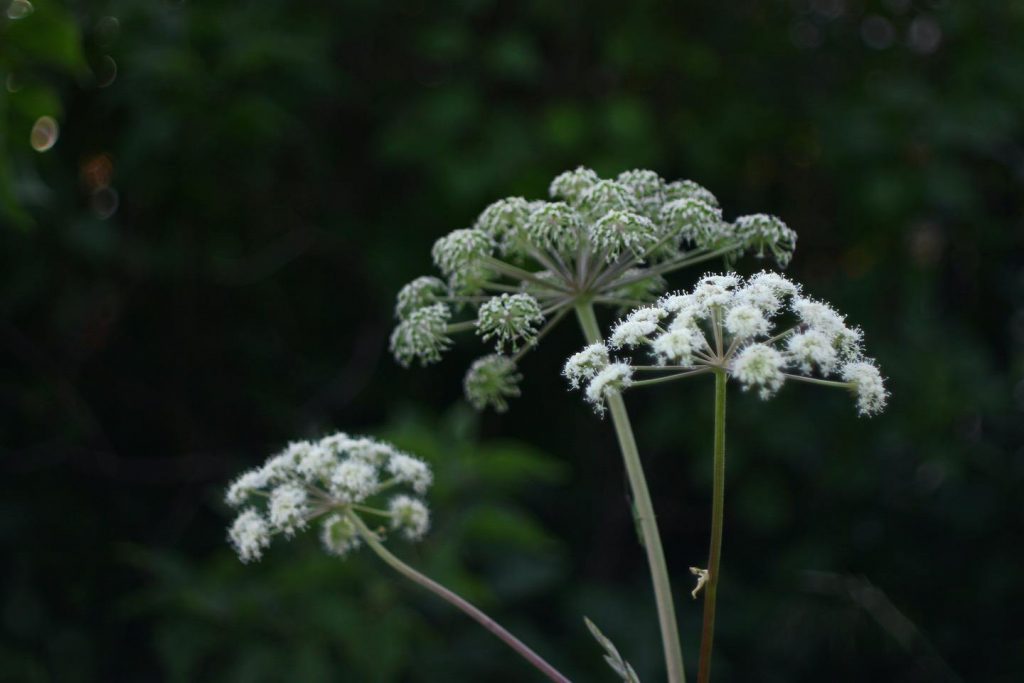
Jesus has now told the crowd two parables. Both explain the kingdom of heaven. But knowing that they should be “ever hearing but never understanding…ever seeing but never perceiving,” Jesus goes on to give them more teaching; “He told them another parable: “The kingdom of heaven is like a mustard seed, which a man took and planted in his field. Though it is the smallest of all your seeds, yet when it grows, it is the largest of garden plants and becomes a tree, so that the birds of the air come and perch in its branches.””
A parable is a story with a point. While largely true to life, parables are not narrative or historic, so while the point has a factual parallel, aspects of the story do not need to adhere to actual fact. Actually, it is the reality that aspects of the story do NOT adhere to physical reality that makes them a parable to start with! Otherwise they would be historic stories, or narratives of everyday life. So when we read this parable, we need to understand that Jesus is not saying a particular individual once took a mustard seed and planted it in their field. He is saying that the kingdom of heaven is LIKE the mustard seed in this story.
Yet the mustard seed in this story is unlike any mustard seed anyone has ever planted. For while mustard plants can grow large – and in the middle east some might become the largest of what you would typically have in your garden – they do not grow into trees. Some species may even be large bushes, but they do not become trees. This is a fact; there is no such thing as a mustard tree! However, this mustard seed does inexplicably become a tree.
In that aspect, the kingdom of heaven is unlike anything we typically experience. While it initially does what we expect it to (that is, grow from a seed to a plant), it winds up doing what we do not think is even possible (growing from a plant to a tree). This is to the benefit of all involved, because that which is of God stays as a unified whole, just as a tree is one being having one source, and not merely a collection of individuals with their own sources. Moreover, what is of the earth grows only for a season, produces a little fruit and then dies. But what is of the kingdom of heaven grows and produces fruit season after season after season. It never dies, but simply re-blooms. It is literally fruit that lasts.
This is a profound spiritual truth. When a manifestation of the kingdom of heaven appears – be it a church or kingdom business or some other expression – it grows far beyond all reasonable expectation. Just as Abraham’s family grew from a single boy (Isaac) to a dozen (the sons of Jacob) and then to millions (becoming an entire nation), so also the church grows from a single believer to an uncountable number wherever it is planted. And be it church or kingdom business, we can know that only what is of the kingdom of heaven does that to the blessing of all involved, and continues to do that to the blessing of all involved – season after season after season!
We learn from the Mishnah, Judaism’s most prominent book after the OT, that the mustard seed was banned from gardens in Jerusalem because it was a despicable invasive weed. As David Buttrick explains, the parable “seems to be a deliberate burlesque of the mighty cedar of Lebanon, a symbol of national power and triumph. Instead of a mighty cedar, Jesus pictures a weed, indeed, a weed regarded as a public nuisance.”
Dean B. Deppe
APPLICATION: Intentionality
God’s Kingdom has no end. It grows continually, even in difficult seasons. So too, His Work in us causes more Christlikeness to appear – even in difficult seasons.

